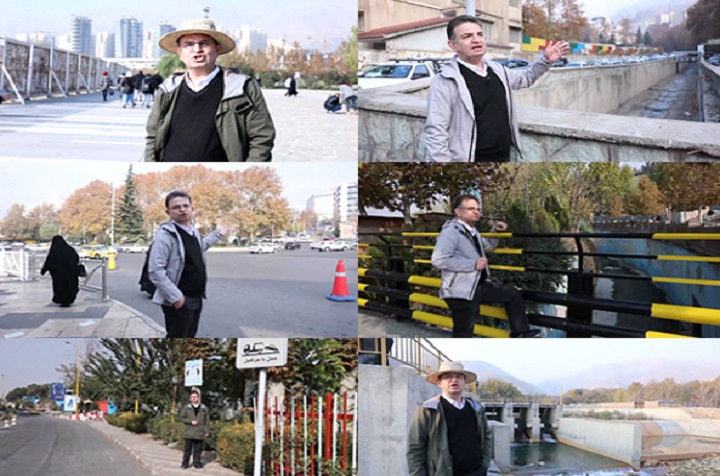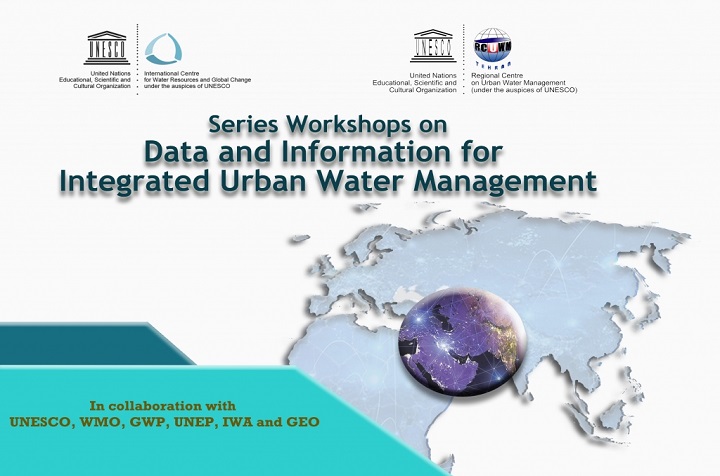Geographic Information System (GIS) is a system for capturing, storing, analyzing, managing and presenting spatially referenced data. GIS applications allow users to create interactive queries, analyze spatial information, edit data, maps, and present the results of all these operations. The technology can be used for scientific investigations, resource management, environmental impact assessment, urban planning, or cartography. Remote sensing (RS) is the collection of data through imaging sensor technologies, usually on an aircraft or satellite. Applications include monitoring flood areas and effects of climate change.
GIS and RS have very important applications in integrated water resources management. Sustainable water resources development and management necessarily depend on proper planning, implementation, operation and maintenance. GIS and Remote Sensing techniques have to be effectively used to replace, complement and supplement ground data collection in various facets of different kinds of water resources projects.
The synoptic large area repetitive coverage provided by satellite sensors when integrated with detailed time series information coming from ground sensors can provide appropriate data base which would lead to sustainable water resources development. Application of Remote Sensing applications in water resources management has been proven that the cost of development can be brought down when Remote Sensing has been used along with conventional methods.
In this concern, a workshop entitled as “Application of GIS and RS in Water Resources Management” was held by the Ministry of Regional Municipalities and Water Resources, Regional Centre on Urban Water Management, Ministry of Energy, and I.R. Iran in close cooperation with Sultan Qaboos University in Muscat – Sultanate of Oman, 19 – 22 December 2010.
The training workshop provided an overview of application of Remote Sensing Techniques in various phases of water resources development and management.
Purpose of the Workshop
The purpose of the Regional Course was to provide participants with the basic skills of GIS and RS required for integrated and sustainable management of water resources. It was also expected to encourage experience and knowledge sharing among the Nile Countries. The overall goal was introducing GIS as a powerful decision making tool in water resources management.




